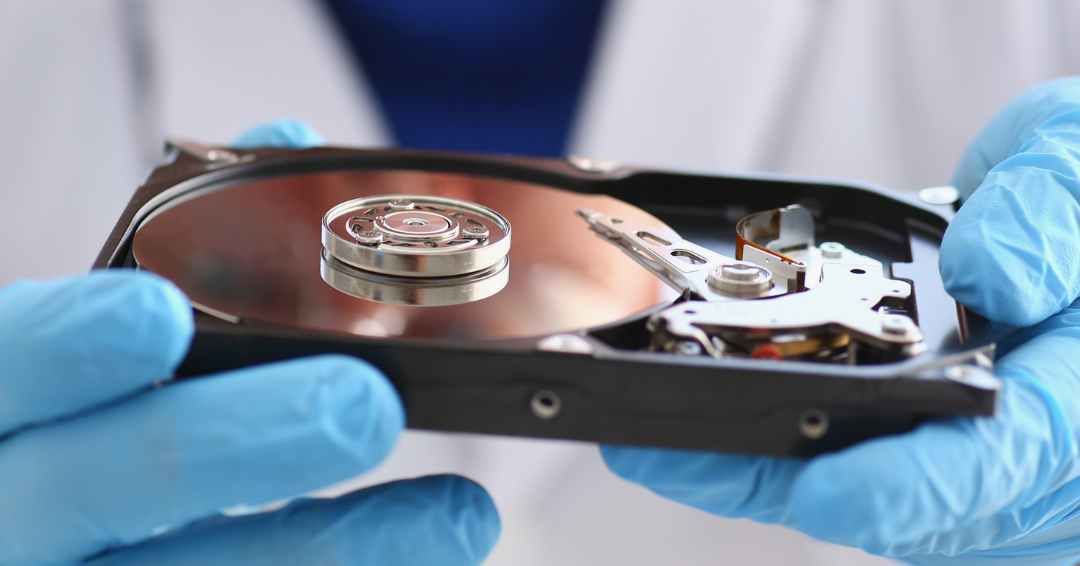Forensic data recovery can be pivotal to a case if retrieved data can be used as evidence. However, recovering data can often require a combination of advanced software and specialised training.
With various data types, hardware and data loss scenarios, choosing the best solution for your forensic data recovery needs can be challenging.
So how do you determine the best forensic data recovery software for your situation? This blog explores what forensic data recovery is before outlining steps you can follow to decide on the best solution for you.
Exploring forensic data recovery
Legal professionals use forensic data collection to extract data from places like email inboxes, hard drives and the cloud in a legally defensible way, but what happens if the locations your data is stored in have been corrupted or damaged? In this case, we use forensic data recovery to recover data from damaged or corrupted hardware to use as evidence in legal proceedings.
For the extracted data to be eligible for a court of law, it mustn’t have been tampered with or corrupted and should’ve maintained its authenticity and integrity. To extract data successfully, close attention to detail is required.
Forensic data recovery can be technical and requires specialised knowledge and experience. That’s why legal professionals need access to the best forensic data recovery software.
Having the right software can make all the difference in a successful recovery operation. Several types of forensic data recovery software are available on the market, each with unique benefits and features.




